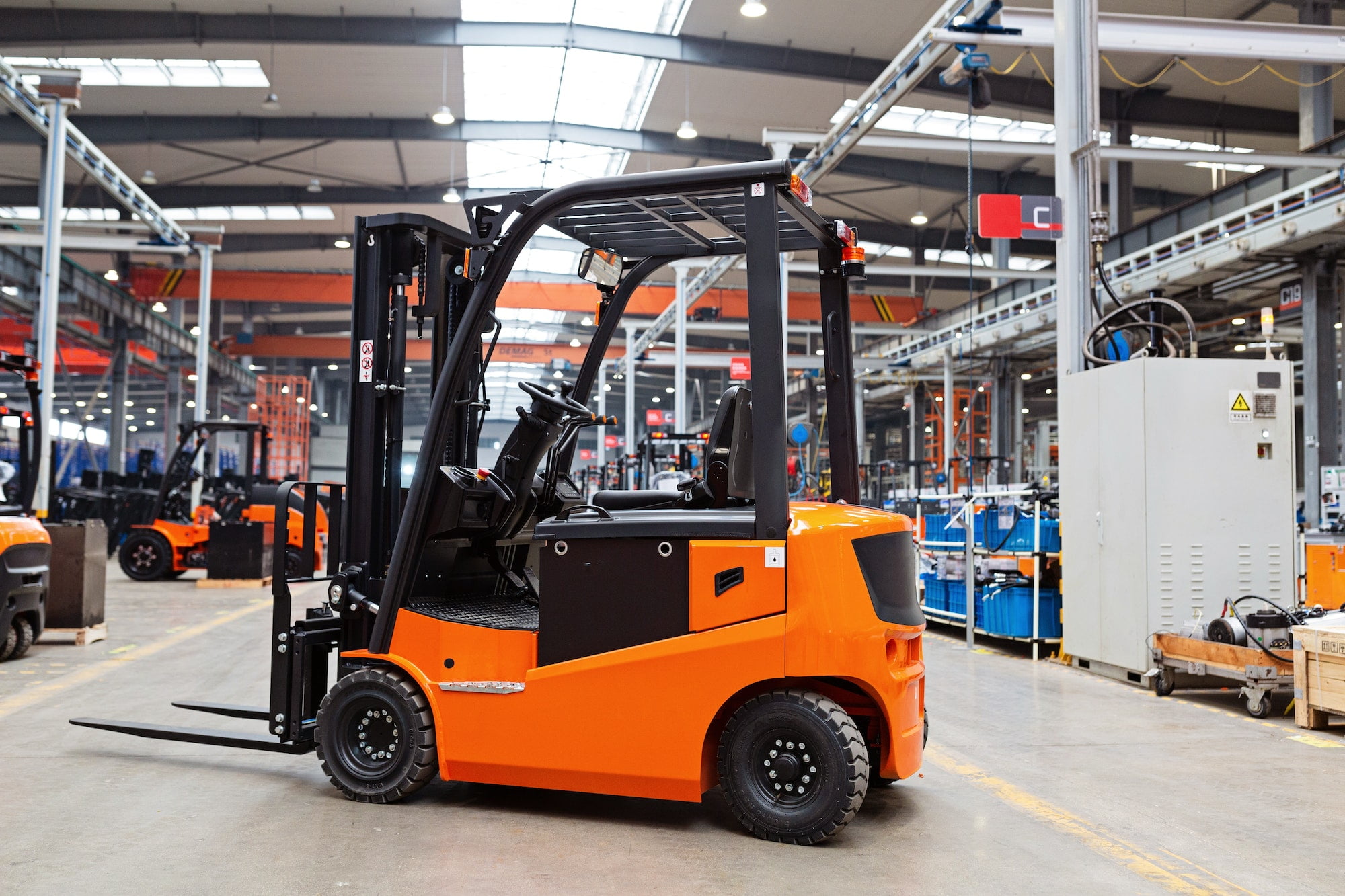Forklift maintenance is a critical task in any business that relies on forklifts. Without proper maintenance, forklifts can break down and become dangerous. That’s why it’s essential to ensure that your team is properly trained on the best practices of proper forklift maintenance. By fostering a culture of safety and regular maintenance, you can protect your workers and your equipment. In this blog post, we’ll look at how to train your team on the proper maintenance of forklifts and how to foster a culture of safety and maintenance.
1. Have Clear Maintenance Guidelines
The first step in fostering a culture of proper forklift maintenance is to have clearly defined guidelines. Make sure that you have a written guide that outlines the exact maintenance procedures that your team should follow. This guide should list the specific tasks that need to be completed for each type of forklift, as well as the frequency of maintenance. This will ensure that everyone is on the same page and that everyone is following the same process for maintenance.
In addition to having a written guide, you should also have a visual guide that outlines the same information. This can be in the form of a chart or poster that is visible in the workplace. This will ensure that your team is aware of the maintenance procedures and can refer to it if they are unsure of what needs to be done.
2. Regular Inspections
Regular inspections are an important part of any maintenance program. Make sure that your team is conducting regular inspections of all the forklifts in your facility. This should include visual inspections as well as mechanical inspections. Visual inspections should include checking for any signs of wear and tear, such as leaks, cracks, or corrosion. Mechanical inspections should involve checking all the moving parts and ensuring that they are in good working order.
In addition to regular inspections, your team should also be conducting regular tests. This should involve checking the brakes, lights, and other systems to ensure that they are functioning properly. This will help to ensure that your forklifts are in good working order and that they are safe to use.
3. Adequate Training
Adequate training is essential for any maintenance program. Make sure that your team is properly trained on how to use and maintain the forklifts. This should include safety training as well as instructional training. Safety training should cover topics such as how to properly use the forklifts, how to lift and carry heavy loads, and how to recognize potential hazards. Instructional training should cover topics such as how to properly maintain the forklift, how to identify potential problems, and how to troubleshoot any issues.
In addition to providing adequate training, you should also make sure that your team is familiar with the maintenance procedures outlined in the written and visual guides. This will ensure that everyone is on the same page and that the maintenance is being done correctly.
4. Turnkey Maintenance Solutions
Finally, you should consider investing in turnkey maintenance solutions. Turnkey maintenance solutions are a great way to ensure that your team is properly maintaining your forklifts. These solutions typically come with a comprehensive maintenance plan that includes regular inspections, troubleshooting, and repairs. They also provide access to a team of experienced maintenance professionals who can help ensure that your forklifts are running properly.
By investing in turnkey maintenance solutions, you can ensure that your team is properly maintaining your forklifts and that your equipment is running safely and efficiently. H&C Innovations is a great resource for turnkey maintenance solutions.
Fostering a culture of proper forklift maintenance is essential for any business that relies on forklifts. By having clear maintenance guidelines, conducting regular inspections, providing adequate training, and investing in turnkey maintenance solutions, you can ensure that your team is properly maintaining the equipment and that your facility is safe for everyone.

